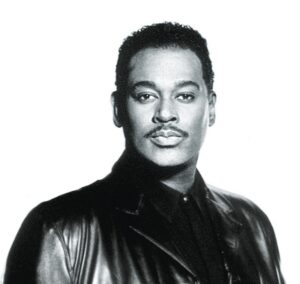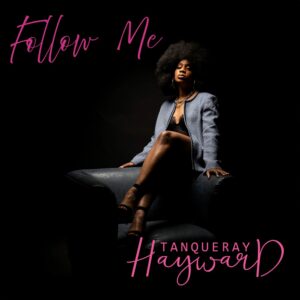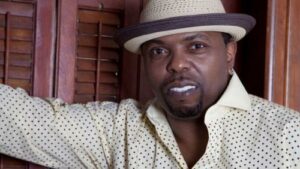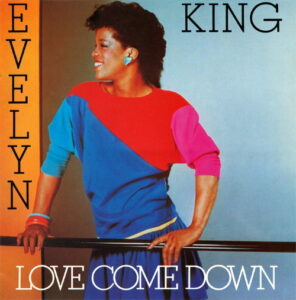Like many people who have achieved elder statesman status, Bootsy Collins sees himself as an educator. Funk music is Collins’ subject of choice, but students won’t see a man in star shaped sunglass strolling through a brick and mortar campus. Collins’ Funk University is a digital campus in which serious bass players learn about technique by watching lessons given by a who’s who of bassists such as Victor Wooten, Meshelle Ndegeocello and the college president himself. Non-bass players can also log on to hear Collins give a funky history lesson.
Collins’ position as history teacher will have a growing role in future years. He is a relatively young 59, but his role as a funky music instructor and history teacher grows because many of his contemporaries from the music’s halcyon days are getting beamed up to the eternal mothership. James Brown has been gone since 2006. Bobby Byrd died in 2008. Gary Shider and Mallia Franklin, Collins’ band mates from the Parliament/Funkadelic/Bootsy’s Rubber Band days, have also passed away in recent years. So Collins is increasingly becoming the authoritative voice on the history, technique and philosophy of ‘The One,’ and it is in that context that ‘Casper the Funky Ghost,’ drops his new record Tha Funk Capital of the World.
This CD can definitely be viewed as an educational document. Collins probably believes such a lesson is necessary because so much of what people recall about funk music is too often summed up by the thick haze of smoke that could be seen wafting near the rafters of whatever venue hosted the P-Funk Posse. That was definitely a big part of the act, but only a part. Collins aims to educate or re-educate us about the more substantive aspects of funk music on Tha Funk Capital of the World. The record stresses four qualities that are characteristic of funk:
a. Funk music was steeped in social relevance as it attempted to teach pride and educate listeners about the world conditions. It’s no accident that Collins recruited transcendent figures such as the Rev. Al Sharpton and Cornel West for the spoken word pieces “JB-Still Da Man” and “FreeDumb (When Love Becomes a Threat).” Sharpton, perhaps the world’s biggest James Brown fan, is the perfect choice for the track that honors the role that the “Hardest Working Man” played in the development of funk and the evolution of the modern entertainer. Likewise, who else but West could spit the knowledge about the importance of learning and loving on “FreeDumb.” The cut “If Looks Could Kill” serves as a cautionary tale about the aftermath of a hookup that results in a child.
b. Funk music has and continues to have a strong rock component. Funkadelic had a song titled “Who Says a Funk Band Can’t Play Rock?” Collins reinforces that statement by releasing an album infused with rock, from the Jimi Hendrix homage “Mirrors Tell Lies” to “Minds Under Construction.” Tha Funk Capital of the World contains more than a few nods to jazz, blues and Latin music. And that brings me to Collins’ next point.
c. Funk musicians can really, really play! These musicians move seamlessly from rock, to jazz to Latin to hip-hop. That can be seen on a cut such as the aforementioned “Minds Under Construction” and on the Latin tinged “Siento Bombo.”
d. Funk music can be an excellent form for ballads. That’s especially the case when dealing with a deft lyricist and deceptively sensual vocalist such as Collins. Tha Funk Capital of the World contains two standout ballads. The first, “Stars Have No Names” reads like an exchange of love letters between a deployed soldier and his girl. The second, “Chocolate Caramel Angel,” features some bass work that will remind long-time Bootsy fans of “I’d Rather Be With You.” The lyrics display the kind of wittiness and sensuality that contemporary artist strive to reach, but often miss.
So kids, to sum things up, Tha Funk Capital of the World reminds us that the substance of funk has been and will always be social relevance, the fusion of musical genres, musical virtuosity and underrated sensuality. Class is dismissed. Recommended
By Howard Dukes









